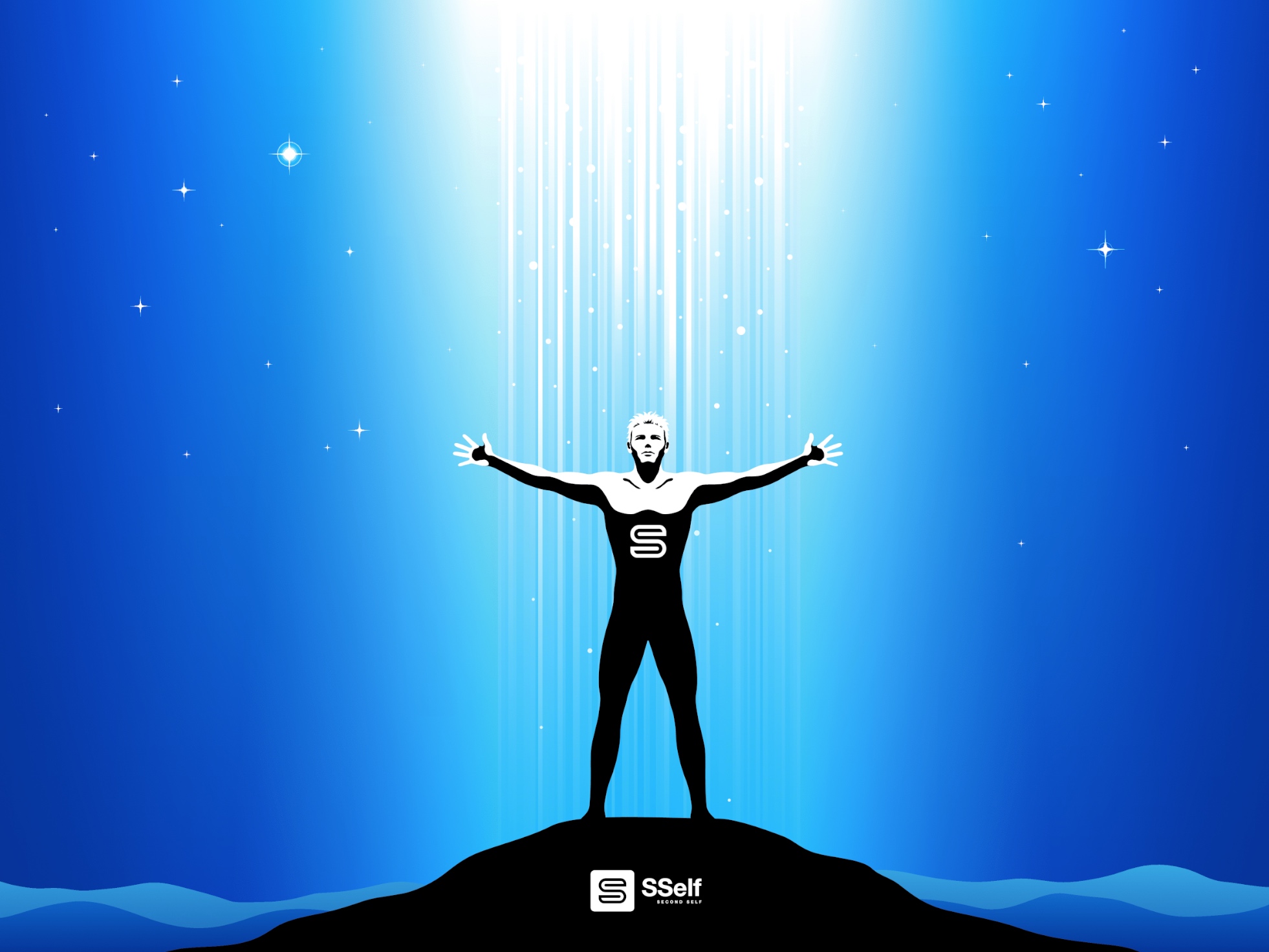Article originally published on LINKtoLEADERS under the Portuguese title “Sem saber ler nem escrever!”

In the 80s, “with no knowledge, only intuition”, I discovered the world of computing. I believed computers could do everything, as if it were an electronic God. But when I asked the TIMEX Sinclair 1000 to draw the planet Saturn — I am fascinated by this planet, maybe because it has rings —, I only glimpse a strange message on the black and white TV:
0/0
I stared at that 0/0 for a while on the white screen, as if waiting for the rings of Saturn to magically shape.
Nothing came up! I waited a little longer and nothing. I didn’t mean to interrupt the “God of the Machine” in his creation; it was a Planet that was asking, not a small thing!
But, nothing. I realized then we humans had a very significant role in the action of the machines.
When I was a kid, I was a dreamer eager for knowledge — I lived in a time that was not my own. I lived with my maternal grandparents, my mother — widowed since I was three years old — and my brother, in an old house in the village of Mosteiro de Fráguas (Tondela, Portugal). My brother, only 13 months older than me, companion of my adventures, dreamed about the ‘hardware’, I about the ‘software’, although we didn’t really know what that was.
Although we didn’t know what those things were, our intuition told us that was the way to go.
The few technical manuals and electronic devices our father left us were the basis of everything; not much, but a seed doesn’t seem to be much before it is sown!
My brother dissected the electronic gadgets, I devoured the books. And then came the moment when my brother (still a kid) assembled a ‘kit’ that we had ordered from TIMEX’s version of the ZX81 microcomputer for Portugal, the TIMEX Sinclair 1000 I’ve mentioned above. It was only 2 KB of RAM running on a “super” 8-bit microprocessor (Z80) at a frequency of 3.25 MHz.
The inside of the machine, which we can call ‘Digital Soul’, fascinated me. And it was with this great little machine that I started to explore Assembly Language, aka Machine Code. By doing so, I felt closer to this invisible world where everything seemed to be possible.
On ETER9 universe the Game of Life, or just Life (1970) — a cellular automaton — by John Horton Conway, is an inspiration. Besides the duplication of people (and companies) into the digital world, the life that is born, lives and dies in the ether of artificial existence, follows the same rules as the cellular automaton.
Rule of Birth: — If a cell has three neighbors in any direction, it is born.
Rule of Survival: — If a cell has two or three neighbors in any direction, it continues to live.
Rule of Death: — If a cell has none or only one neighbor, it dies by isolation. If it has four or more neighbors, it dies by overpopulation.
Technology itself is increasingly becoming part of us. And whether we like it or not, we are all already in the process of merging with machines… and we don’t even realize it yet! This fusion is invisible and silent, and happens in a very natural way. Many people insist on separating intelligent technology from people, as if there were two sides, two teams that should confront each other. Almost as if a conflict happens between the two sides.
I don’t see it that way. I prefer to see man and machine united towards a single, common goal: to coexist in absolute harmony!
Furthermore, I believe that in the future there will be no clear distinction between humans and machines, every aspect of our lives will be transformed. The technological evolution is exponential, technology increasingly feeds on itself. I would go further: technology is increasingly becoming intelligent… artificially intelligent.
And what a subject this is. So sensitive and sometimes controversial.
I must confess: I prefer to see Artificial Intelligence as an improvement to ourselves, when allied to the human being itself, with increasingly wide applications.
Some studies show that Artificial Intelligence could double the annual economic growth by 2035. Of course, this will lead to many changes in various areas. Changes to the nature of jobs are predicted, for example.
But just as we can’t imagine ever seeing professions like paperboy again, so in the future some professions we see today will fall away to make way for others. This is only natural. The impact of Artificial Intelligence technologies on business is expected to increase labor productivity by up to 40%. This will change the way we all look at the world.
And while Artificial Intelligence is increasingly present in digital systems, this concept has led to the development of ‘Machine Learning’, which is based on the ability of computers to learn from information without being explicitly programmed to do so.
In essence, instead of teaching computers everything they need to know, and how to perform tasks, scientists and engineers have come to the conclusion that it is much more efficient to codify them to ‘think’ as if they were humans. Teaching them to learn for themselves.
These ‘Machine Learning’ systems take Artificial Intelligence to another level, through so-called neural networks or ‘Deep Learning’, where the system learns to perform tasks based on huge amounts of information, readjusting itself thousands of times until it can accomplish a task.
Essentially, the machine is intended to categorize information in the same way that a human brain would.
In other words, or modern words to be more exact, from the human brain to the cloud.
© 2022 Ӈ









Comments are closed.